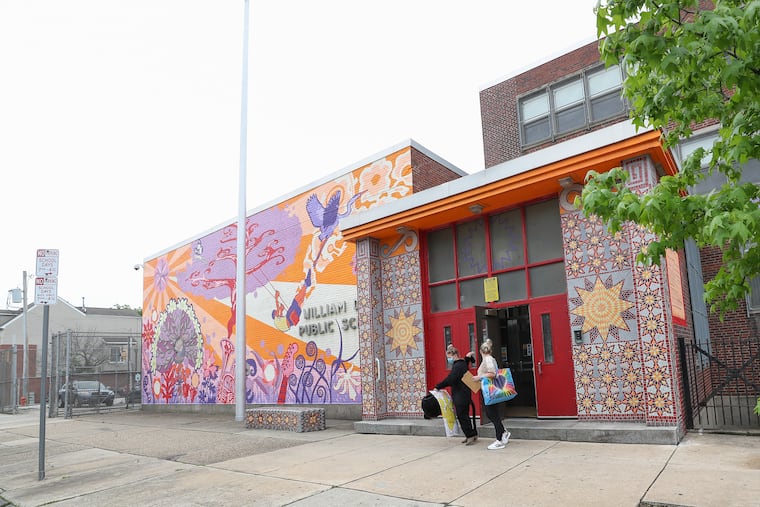Philly’s district should spend less money on contractors and more on the schools | Opinion
Such outsourcing is expensive and does not build institutional knowledge or establish new ways of doing things.

The School District of Philadelphia Board of Education has developed a pattern of spending millions on contracts to outside consultants, such as last month considering $6.5 million to Renaissance and Illuminate Education for K-12 assessments, $550,000 to KJR Consulting for professional development training, and $100,000 to GaileyMurray LLP Communications Consultant for public relations, as reported by the Alliance for Philadelphia Public Schools (APPS). Such outsourcing is expensive and does not build institutional knowledge or establish new ways of doing things. The district should instead pursue “unlearning” old ways of relying on contracts and relearning new ways to provide students and teachers what they need, while keeping resources within the district.
“Unlearning” involves letting go of old, familiar assumptions and methods and seeking to create and learn new ones that better fit the current reality. When it comes to assessing students, developing teachers and staff, and communicating openly with families and communities, handing off these responsibilities to outside providers stifles the learning process.
» READ MORE: Promises of equity for Philly’s schools aren’t worth as much as actual money | Opinion
Who knows better what particular students and teachers need than the students, their families, and teachers themselves, who count among untapped sources of knowledge within the district who are better equipped to tackle things like student assessments or professional development or communicating with the community than outside consultants whose bottom line is profit.
Here’s how the district could unlearn and relearn around three areas where they have leaned on contracts:
K-12 assessments. It’s questionable whether standardized tests actually contribute to student learning and growth, vs. serving as a box to check off each year. Rather than enriching classrooms, “teaching to the test” arguably crowd out more creative efforts. Are students gaining excitement about learning new things, or primarily learning how to take a test? Instead of paying millions to outside companies to administer tests, the district should provide more support to teachers to develop in-class assessments that give them the feedback they need, quickly, to tailor learning to the students.
The district selected Illuminate Education to offer social, behavioral, and emotional assessments. But can a standardized test tell us more about a student’s emotional state and needs than their teacher? It’s time to unlearn the reliance on corporate testing products and spend more money hiring additional teachers and school counselors. The district should also develop new approaches for parents and teachers to work together on behavioral or emotional issues.
» READ MORE: Unjustly silencing critics is backward move from Philly school board | Opinion
Professional development. The latest KJR contract is for training central office staff and department leaders, raising questions about professional development for staff. It’s not clear that consultants know better than other on-the-ground staff the particular challenges they face and what additional skills would help them most. When outside consultants try to force new approaches, the result is often more “window dressing” than real substantive change. This phenomenon is described in a 1990 American Educational Association article about the case of “Mrs. O,” a 1980s California math teacher who, like many colleagues, was trained to implement a new curriculum but simply grafted the new practices onto traditional methods, missing the heart and soul of the new curriculum.
It’s time to allow veteran staff and teachers within the district to serve as mentors and to allow newer staff and teachers with the latest ideas coming out of universities to share with veterans.
Public relations. According to BOE documents, as reported by APPS, GaileyMurray has “provided critical crisis management supports ... especially as we have navigated asbestos issues and the COVID-19 pandemic.” It’s time to unlearn the concept of “crisis management” and move toward true transparency, not polished press releases crafted by a consulting firm. Philly also needs more two-way communication between the district and the communities it serves, rather than the limitations placed on public comment at BOE meetings this past school year. To rebuild trust, the district should ask community members what they need to know and how they want to receive and give feedback on that information.
While it may sound a bit strange to propose “unlearning” for a school district, that’s just what Philly needs to put students, teachers, families, and community members at the center and keep more resources in the schools.
Deanna Burney has served as a principal at the elementary, middle, and high school levels in the School District of Philadelphia and is CEO of Leading by Learning.